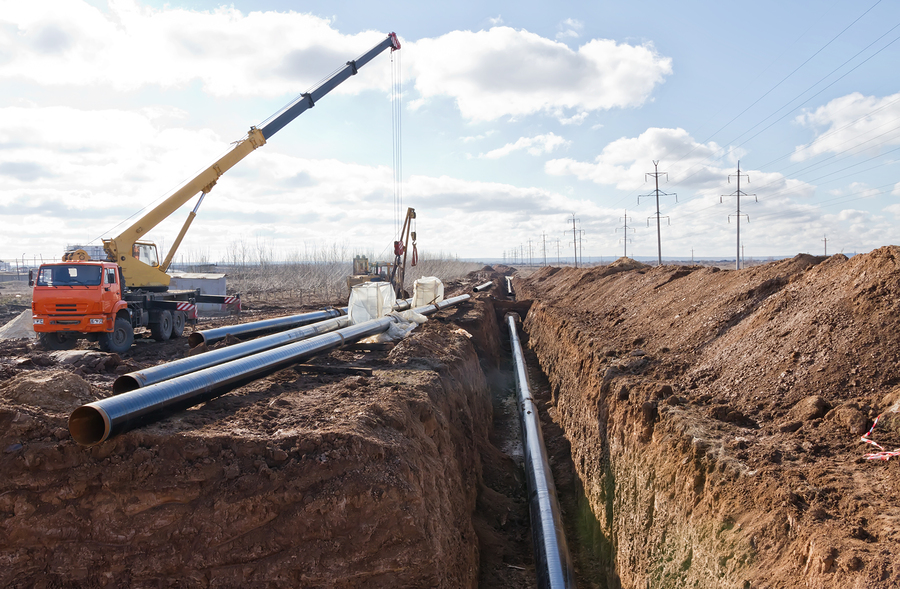Earlier this year, OSHA announced a final rule to help clarify certification requirements for crane operators and their employers. So if you’re in the safety business, it’s critical to know what changes the final rule is bringing about.
OSHA’s crane operator certification final rule
Many things have stayed the same under the final rule. Here are a few examples.
Under the final rule, employers are still required to:
- Make sure that crane operators can safely operate cranes during their assigned work tasks
- Maintain safety and health protections for workers
- Train operators as needed
- Evaluate operators and maintain documentation of successful completion of evaluations
Under the final rule, operators are still required to:
- Be certified or licensed
- Receive training as necessary to operate new equipment
So, what’s new about the final rule?
Although much about this regulation has remained the same, the final rule helps clarify some key information. Let’s dig in.
Certification requirements
The basic certification requirements of this regulation are nothing new. But under the final rule, including a crane’s lifting capacity is no longer necessary for operation certifications. Eliminating the requirement ensures that more accredited testing organizations will be able to fulfill OSHA’s stipulations. But if your operators are already certified by type and lifting capacity, there’s no need to worry — certifications issued before completed before Dec. 9, 2018, are still valid.
As far as acquiring certifications goes, employers have three options:
- Obtain certifications through an accredited third-party organization
- Develop their own program to certify their operators
- Have their operators obtain a state or local crane operator license that’s compliant with OSHA’s requirements
Employers must foot the bill for licensing and certification for their operators. Certifications must be renewed every five years.
OSHA doesn’t require operators to be certified to operate cranes with lifting capacities of 2,000 lbs or less. Training requirements for operating smaller machines still apply.
Evaluation requirements
Another part of the final rule preserves the requirement that employers are responsible for evaluating the ability of their operators to run cranes that will be used during their tasks. Some details included in the final rule:
- Evaluations must show that crane operators have the skills, knowledge, and ability to recognize and avert risk to safely operate the equipment
- Evaluations must be completed by a person with the necessary knowledge, training, and experience to assess operators
- Once an operator has successfully completed an evaluation on one piece of equipment, an employer may allow them to operate different equipment without further evaluation if the employer can prove the new task won’t require substantially different skills, knowledge, or the ability to recognize and avert risk
- Evaluations must be documented, made available on the worksite (electronic availability is ok) for as long as the operator is employed, and include:
- Operator’s name
- Evaluator’s name and signature
- Evaluation date
- Make, model, and configuration of equipment
- When employers retrain operators, the operators must also be reevaluated with respect to the subject of the training
As with certifications, evaluations completed before Dec. 9, 2018, are still valid. The only thing employers have to do is document when the evaluation was completed.
Compliance dates
- All new provisions of the final rule, except for evaluation and documentation requirements, became effective on Dec. 9, 2018.
- The evaluation and documentation requirements go into effect on Feb. 7, 2019.
Resources
- Final Rule [OSHA]
- Frequently Asked Questions – Cranes And Derricks In Construction: Operator Qualification [OSHA]
- An Employer’s Guide to the OSHA Final Rule: Crane Operator Training [National Commission for the Certification of Crane Operators (NCCCO)]
- An Employer’s Guide to the OSHA Final Rule: Crane Operator Certification [NCCCO]
- An Employer’s Guide to the OSHA Final Rule: Crane Operator Evaluation [NCCCO]

